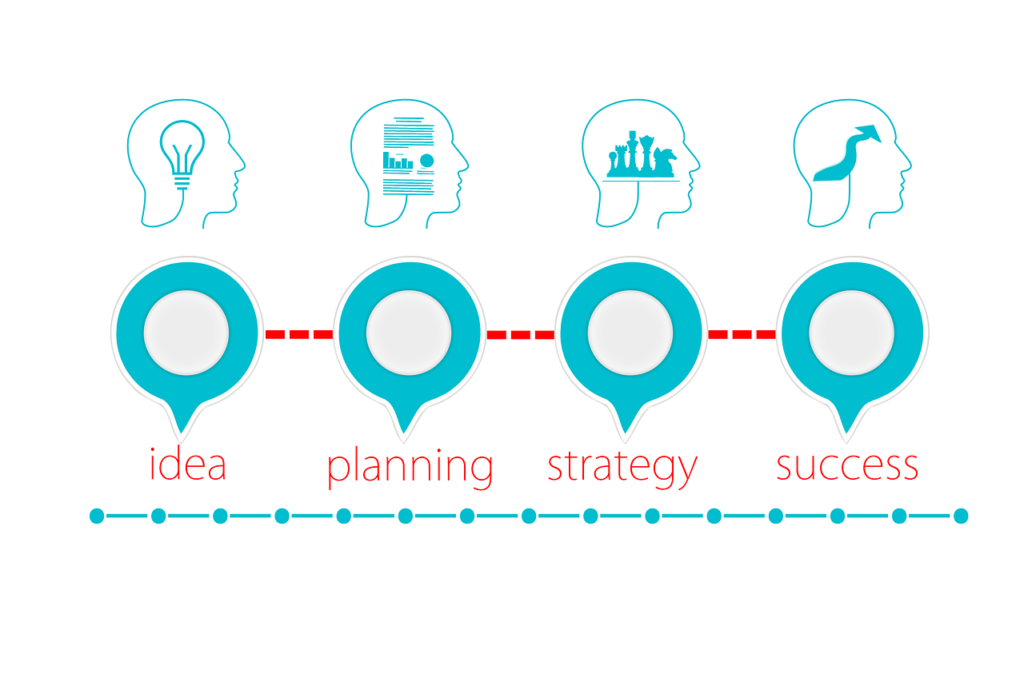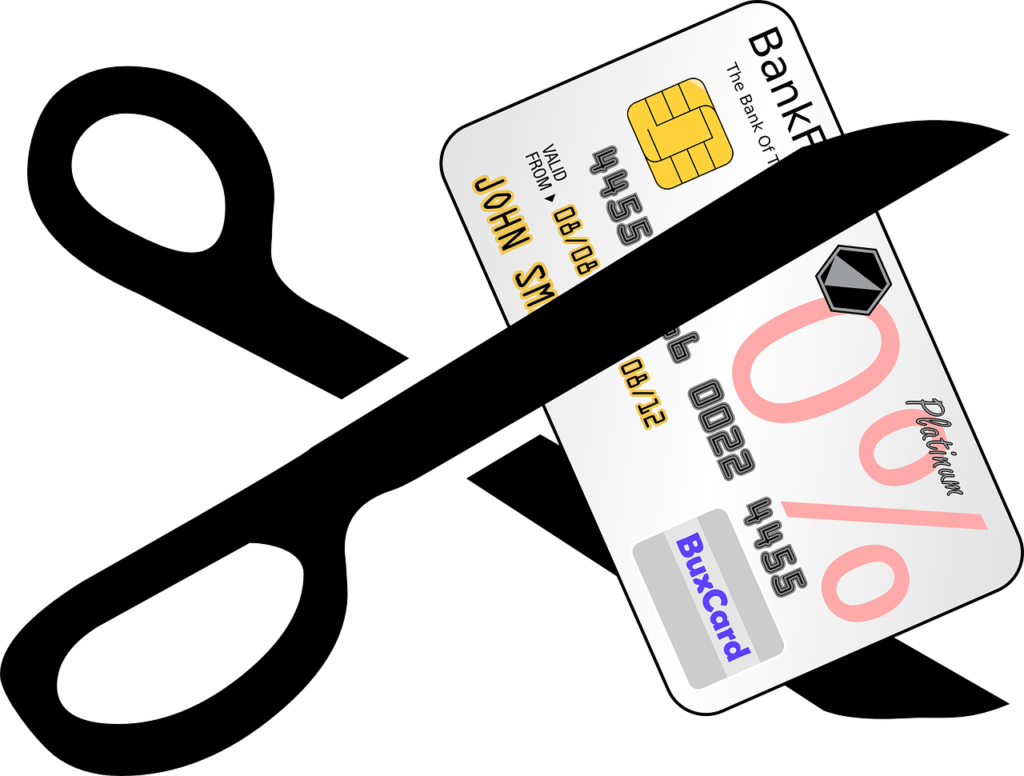Sometimes when we’re in debt, it feels like we’re drowning, trying to stay afloat, and yet we don’t know how to get out of the turbulent waters we find ourselves in. If you feel yourself being pulled under by the current of debt, there’s hope: by using a Debt Snowball, you can pull yourself out.
This article might seem too simple for those who regularly read about personal finances, but sometimes it’s good to review the basics, and for those who haven’t read much about debt elimination, this can be a life saver.
The basic idea of the Debt Snowball is that you apply an extra amount of money every month to your smallest debt until it’s paid off, and then take the amount you were paying for that debt and apply it to the next biggest debt, and so on until you’ve paid off all your debts. It sounds simple, but it’s very powerful, and it’s something that I’m using a modified version of it now to get myself out of debt. I’m about midway through — I’ve paid off a few smaller debts, I’m nearly done paying off my credit card (should be done next summer). Dave Ramsey is the biggest proponent of this method.
Here are the basic steps to lower debt:
- List all debts from smallest to largest.
- Commit to pay the minimum payment on each debt.
- Find an extra amount, on top of the minimum, that can be applied towards the smallest debt — this amount is your “snowball” amount.
- Pay the minimum payment plus the extra amount towards that smallest debt until it is paid off.
- Then, add the old minimum payment from the first debt to the extra amount, and apply the new sum to the second smallest debt — your snowball amount has just gotten bigger, and will get bigger after each debt is paid off.
- Repeat until all debts are paid in full.
Alternate version: Some people advocate ordering the original list not from smallest balance to highest, but from highest interest rate to lowest. This way, you’re paying off the debts that are hurting you the most before the ones with low interest rates. Now, this makes some financial sense, and it is probably best for those who are already good at paying off debt. But I have two points to make: 1) the interest saved by this method isn’t really that much (many times we’re talking about the difference of $50 a year or so); and 2) for many people (including me), there is a big psychological boost in paying off that first, small debt, and you can ride the momentum of this boost to keep you going. This is the same reason I suggest starting any goal with baby steps — it might seem too easy, but there’s a lot of power in the sense of accomplishment that comes from achieving any goal, large or small.

Some suggestions for following the Debt Snowball method:
- Find as big a snowball amount as you can afford. Notice I said “afford” — don’t put a larger amount than you can afford, or you will end up stopping the snowball method. But try to find as much extra money as possible — cut your spending in other areas. Bring lunch to work. Stop going to the movies or expensive restaurants. Cut out cable TV. Stop drinking those fancy coffees. Here are more ideas to save.
- Resist temptation to spend your snowball. Often there’s a strong urge to spend the extra money you have once you’ve paid off one debt. But think of it this way — you’ve been living without that extra money just fine so far. It may have taken some penny-pinching, but you’re surviving. Keep going without it, and pay off your debt as soon as you can. Maybe once you’ve finished off your debt-elimination plan, you can take a small amount of that and add it to your spending amount.
- Keep the end in mind. When things are tough, just visualize what it will be like to be out of debt. For many of us, debt is a huge stress on our lives. Getting out of debt will be like lifting a burden off of your chest, and will feel wonderful! You can do this. Think about what a huge amount you pay towards debt each month, and how nice it will be to have that extra money once you’re done. You can save for a vacation, or a new home, or retirement. It will be a godsend.
You don’t have to see the whole staircase, just take the first step
Martin Luther King, Jr.


